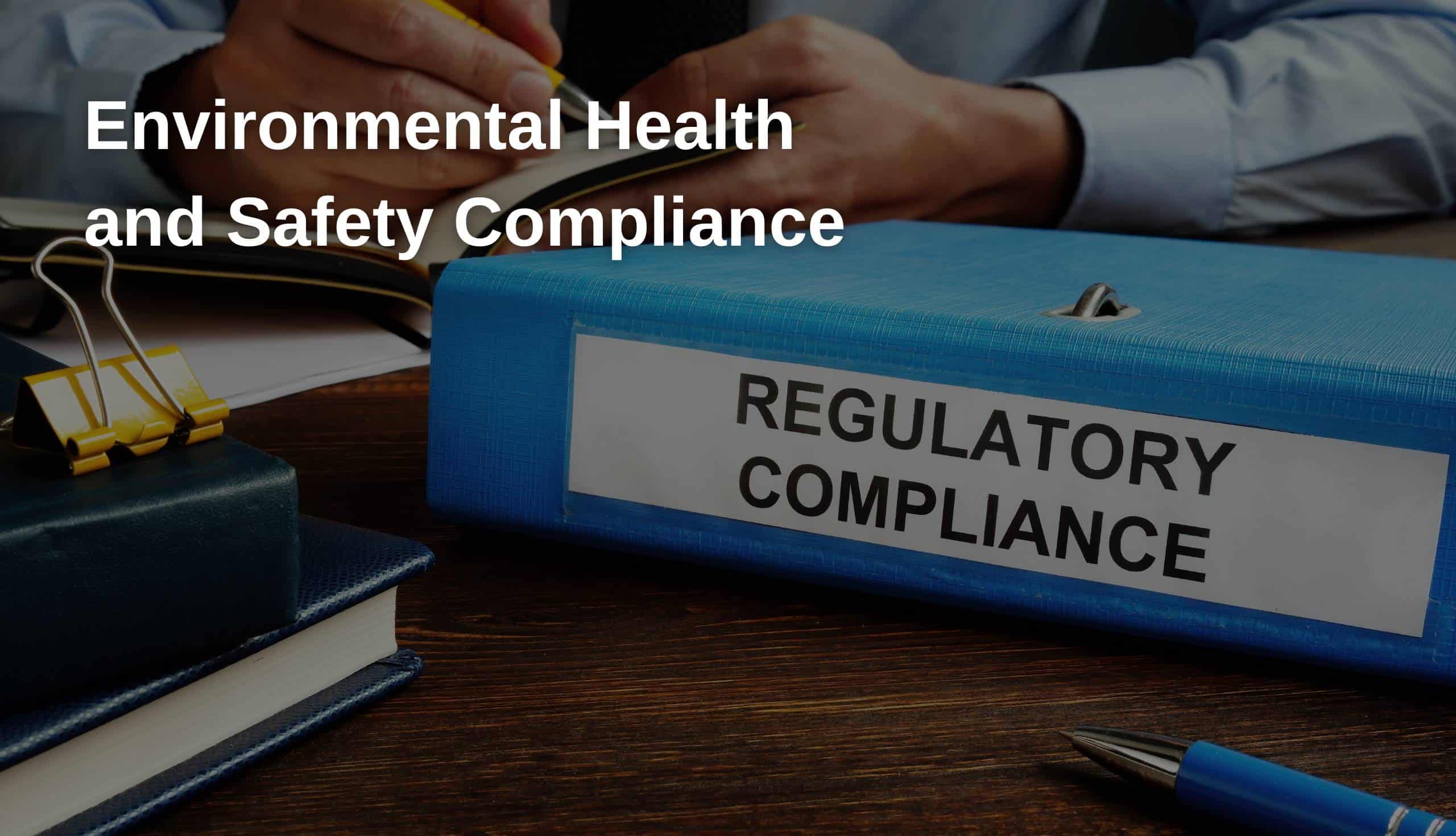
Environmental health and safety regulations play a critical role in safeguarding our planet and protecting the well-being of individuals and communities. These regulations are designed to ensure that businesses and organizations operate in a manner that minimizes their impact on the environment and promotes the health and safety of employees and the public. In this blog post, we will explore the significance of compliance with environmental health and safety regulations and the benefits it brings to both businesses and society as a whole.
The Protection of the Environment
One of the primary reasons why compliance with environmental health and safety regulations is essential is the protection of the environment. These regulations aim to prevent pollution, conserve natural resources, and preserve ecosystems. By adhering to these regulations, businesses can minimize their carbon footprint, reduce waste generation, and adopt sustainable practices. This not only helps in preserving the environment for future generations but also enhances the reputation of the organization as an environmentally responsible entity.
Ensuring Health and Safety
Compliance with environmental health and safety regulations is crucial for ensuring the well-being of employees, customers, and the general public. These regulations establish guidelines and standards for workplace safety, hazardous material handling, and emergency response procedures. By adhering to these regulations, businesses can create a safe and healthy work environment, reducing the risk of accidents, injuries, and illnesses. This not only protects individuals but also enhances productivity and employee morale.
Legal Compliance and Avoidance of Penalties
Failure to comply with environmental health and safety regulations can have severe legal and financial consequences for businesses. Regulatory authorities have the power to impose fines, penalties, and even shut down non-compliant operations. These penalties can be substantial and can significantly impact the financial stability and reputation of an organization. By prioritizing compliance, businesses can avoid costly legal battles, maintain their operations, and protect their bottom line.
Enhancing Reputation and Stakeholder Trust
Compliance with environmental health and safety regulations is closely linked to a company’s reputation and stakeholder trust. Consumers, investors, and employees are increasingly conscious of environmental and social issues. They prefer to associate themselves with organizations that demonstrate a commitment to sustainability and responsible business practices. By complying with regulations, businesses can build a positive reputation, enhance brand value, and attract environmentally conscious customers and investors.
Driving Innovation and Sustainability
Environmental health and safety regulations often act as catalysts for innovation and sustainability. By setting standards and requirements, these regulations encourage businesses to develop and adopt new technologies, practices, and products that are more environmentally friendly and sustainable. Compliance fosters a culture of continuous improvement and drives organizations to find innovative solutions to reduce their environmental impact. This not only benefits the planet but also creates new business opportunities and competitive advantages.
Global Commitments and Corporate Social Responsibility
Complying with environmental health and safety regulations aligns businesses with global commitments and corporate social responsibility. Governments and international organizations have set ambitious targets to address climate change, reduce pollution, and promote sustainable development. By complying with regulations, businesses contribute to these global efforts and demonstrate their commitment to being responsible corporate citizens. This not only helps in achieving sustainability goals but also enhances the reputation and credibility of the organization.
Conclusion
Compliance with environmental health and safety regulations is of utmost importance for businesses and society as a whole. It ensures the protection of the environment, promotes health and safety, avoids legal and financial penalties, enhances reputation and stakeholder trust, drives innovation and sustainability, and aligns with global commitments. By prioritizing compliance, businesses can not only fulfill their legal obligations but also contribute to a more sustainable and prosperous future.
For any other questions or concerns regarding EHS compliance requirements, contact A-Tech today by clicking here. You can also view and download a EHS Compliance Calendar by clicking here.


